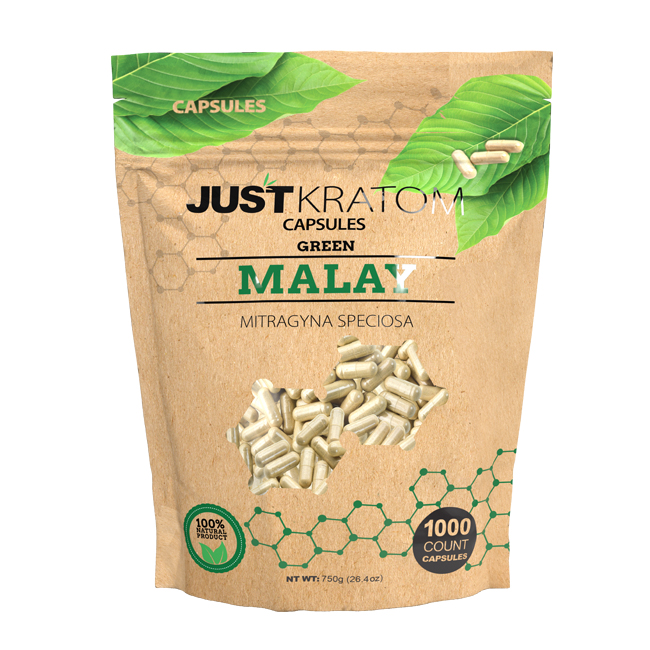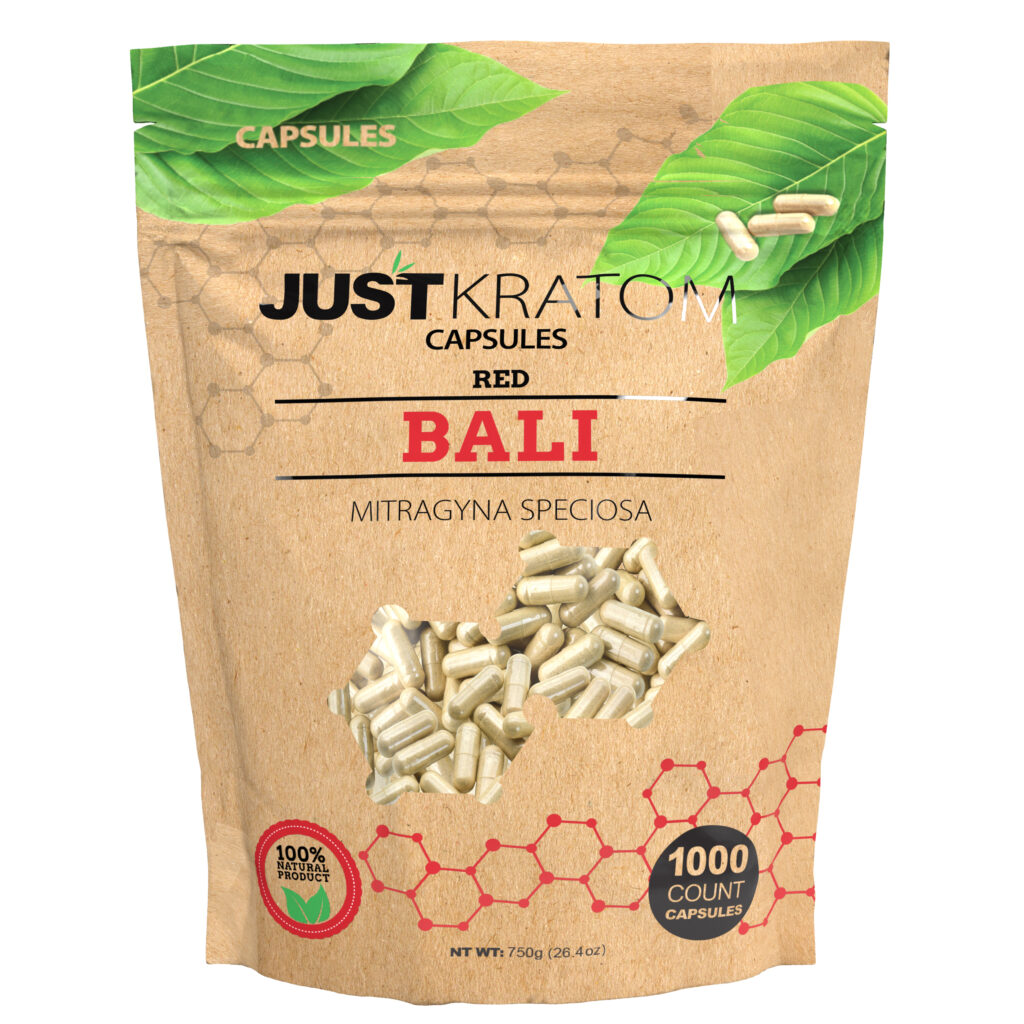Potential Mood-Boosting Effects
Many individuals seek natural ways to enhance their mood and overall well-being. Kratom, an herbal supplement derived from the Mitragyna speciosa tree, has gained attention for its potential mood-boosting effects.
Interaction with Opioid Receptors
Kratom’s potential mood-elevating effects are thought to be linked to its interaction with opioid receptors in the brain. These receptors play a role in regulating pain perception, pleasure, and mood. Kratom contains compounds, such as mitragynine and 7-hydroxymitragynine, that bind to these receptors, producing effects similar to opioids, including a sense of euphoria and relaxation.
Impact on Neurotransmitters

Kratom may also influence neurotransmitters like dopamine and serotonin, which are key players in mood regulation. Dopamine is associated with pleasure, motivation, and reward, while serotonin contributes to feelings of happiness, well-being, and calmness. By modulating these neurotransmitter systems, kratom could potentially alleviate symptoms of depression and anxiety.
Benefits for Well-being
Many individuals seek natural ways to enhance their mood and overall well-being. Kratom, an herbal supplement derived from the Mitragyna speciosa tree, has gained attention for its potential mood-boosting effects.
Kratom’s potential mood-elevating effects are thought to be linked to its interaction with opioid receptors in the brain. These receptors play a role in regulating pain perception, pleasure, and mood. Kratom contains compounds, such as mitragynine and 7-hydroxymitragynine, that bind to these receptors, producing effects similar to opioids, including a sense of euphoria and relaxation.
Kratom may also influence neurotransmitters like dopamine and serotonin, which are key players in mood regulation. Dopamine is associated with pleasure, motivation, and reward, while serotonin contributes to feelings of happiness, well-being, and calmness. By modulating these neurotransmitter systems, kratom could potentially alleviate symptoms of depression and anxiety.
Stress and Anxiety Relief
Kratom has become increasingly popular as a potential natural remedy for mood disorders like depression and anxiety. Its effects are believed to be linked to its interaction with the body’s opioid receptors, which play a crucial role in regulating pain, pleasure, and mood.
By binding to these receptors, kratom compounds like mitragynine and 7-hydroxymitragynine produce effects similar to opioids, including feelings of euphoria and relaxation. This can help alleviate symptoms of anxiety and depression by promoting a sense of calm and well-being.
Furthermore, kratom is thought to influence neurotransmitters such as dopamine and serotonin, which are essential for mood regulation. Dopamine is associated with pleasure, motivation, and reward, while serotonin contributes to feelings of happiness, contentment, and tranquility. Kratom’s potential to modulate these neurotransmitter systems may contribute to its mood-boosting effects.
Pain Management and Improved Physical Comfort
Kratom capsules offer potential benefits for overall well-being by addressing pain, managing discomfort, and promoting a sense of physical ease.
Kratom’s analgesic properties are thought to stem from its interaction with opioid receptors in the nervous system. These receptors play a crucial role in pain perception, and kratom compounds can bind to these receptors, reducing pain signals transmitted to the brain. This makes kratom a potentially effective natural remedy for various types of pain, including chronic pain, muscle soreness, and headaches.
Beyond pain relief, kratom may also contribute to improved physical comfort by promoting relaxation and easing discomfort associated with inflammation or muscle tension. By reducing pain and promoting relaxation, kratom can enhance overall physical well-being and improve quality of life.
Enhanced Energy Levels and Focus
Kratom capsules are gaining popularity as a potential natural aid for enhancing energy levels and improving focus. Users report feeling an increase in alertness and mental clarity after consuming kratom.
This energizing effect is thought to be linked to kratom’s interaction with the neurotransmitter acetylcholine, which plays a vital role in cognitive function, attention, and memory.
Kratom may also stimulate dopamine release, contributing to feelings of motivation and alertness. By potentially boosting these neurochemical systems, kratom could offer a natural way to improve energy levels and enhance mental focus.
Cautions and Considerations
While kratom shows promise for improving mood and well-being, it’s essential to approach its use with caution. Potential side effects, interactions with medications, and long-term consequences require careful consideration. Individuals should consult with a healthcare professional before incorporating kratom into their routine, especially if they have pre-existing health conditions or take other medications.
Dosage and Tolerance
It is crucial to exercise caution and seek guidance from a healthcare professional before using kratom. Potential side effects can include nausea, dizziness, constipation, and itching. Kratom may interact with certain medications, including antidepressants, opioids, and blood thinners.

Dosage recommendations for kratom vary depending on individual factors such as weight, metabolism, and desired effects. It is generally advisable to start with a low dose and gradually increase it as needed, monitoring for any adverse reactions. Tolerance can develop with repeated use, requiring higher doses to achieve the same effects.
Long-term effects of kratom use are not fully understood. Some studies suggest potential risks such as dependence, withdrawal symptoms, liver damage, and heart problems. Continued research is needed to fully evaluate the long-term health consequences of kratom consumption.
Potential Side Effects
It is crucial to exercise caution and seek guidance from a healthcare professional before using kratom. Potential side effects can include nausea, dizziness, constipation, and itching.
Kratom may interact with certain medications, including antidepressants, opioids, and blood thinners.
Dosage recommendations for kratom vary depending on individual factors such as weight, metabolism, and desired effects. It is generally advisable to start with a low dose and gradually increase it as needed, monitoring for any adverse reactions. Tolerance can develop with repeated use, requiring higher doses to achieve the same effects.
Long-term effects of kratom use are not fully understood. Some studies suggest potential risks such as dependence, withdrawal symptoms, liver damage, and heart problems. Continued research is needed to fully evaluate the long-term health consequences of kratom consumption.
Drug Interactions
Potential side effects associated with kratom include nausea, dizziness, constipation, and itching.
It’s important to note that kratom can interact with various medications, including antidepressants, opioids, and blood thinners.
Individuals taking any of these medications should consult with a healthcare professional before using kratom as it could lead to adverse interactions.
Legality and Regulations
Kratom’s legal status varies significantly across the globe. In some countries, it is completely banned, while in others, it is legal but regulated.
The United States federal government classifies kratom as an unregulated substance, meaning it is not approved by the Food and Drug Administration (FDA) for any medical use. However, individual states have varying regulations regarding kratom sales and possession.
It is essential to be aware of the specific laws in your region before using kratom.
In many countries, there are legal restrictions on importing, exporting, or selling kratom.
These regulations often aim to prevent the misuse of kratom and protect public health.
The legality of kratom is a complex and evolving issue. It’s crucial to stay informed about the latest regulations in your jurisdiction to ensure compliance and avoid potential legal consequences.
